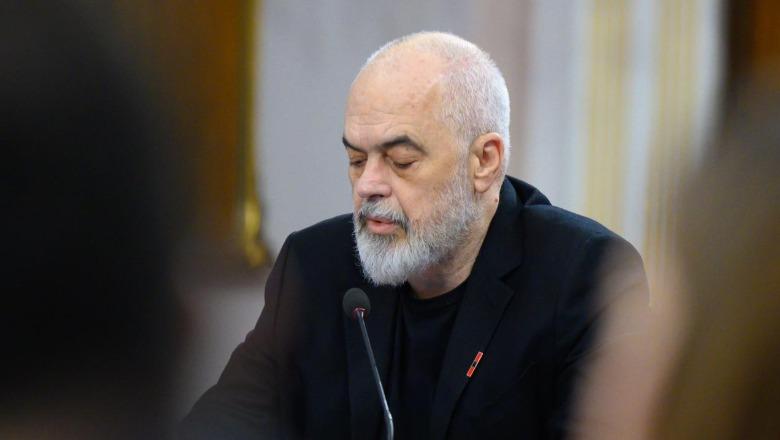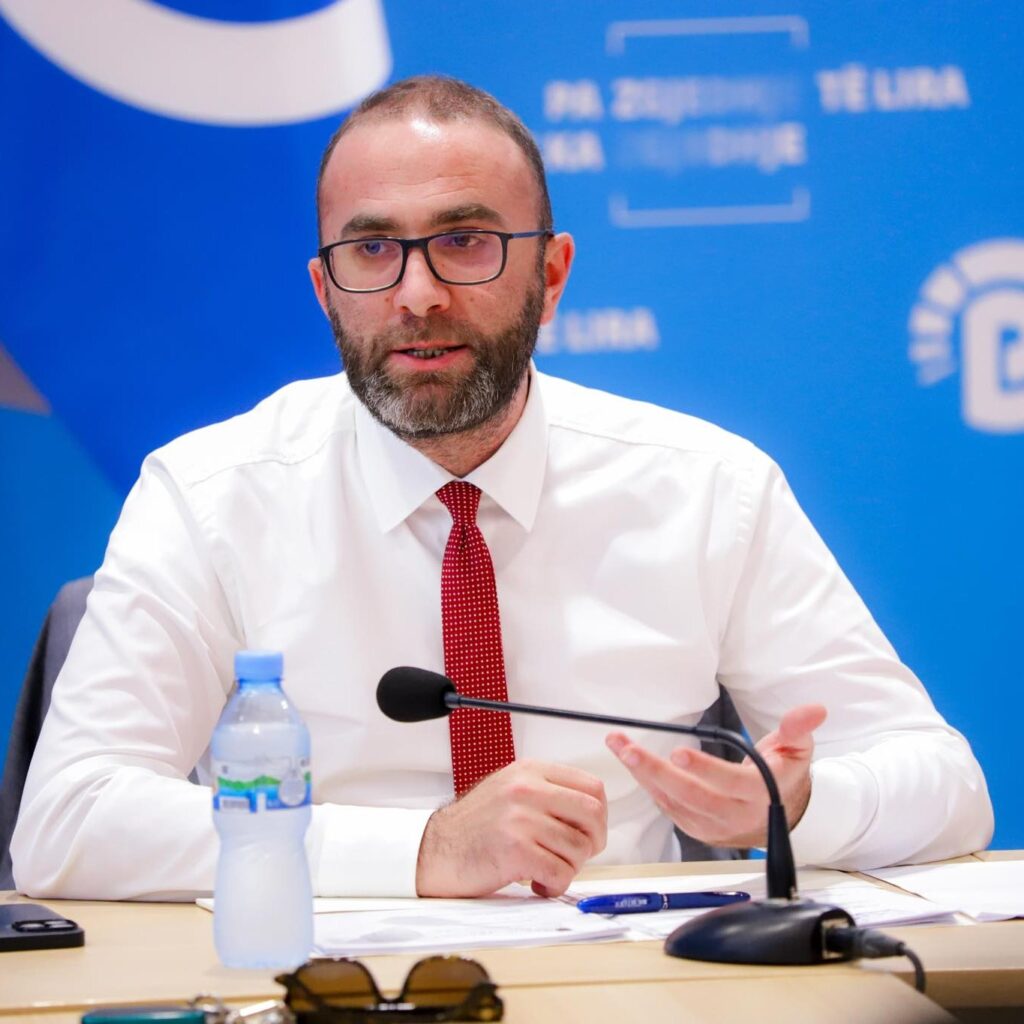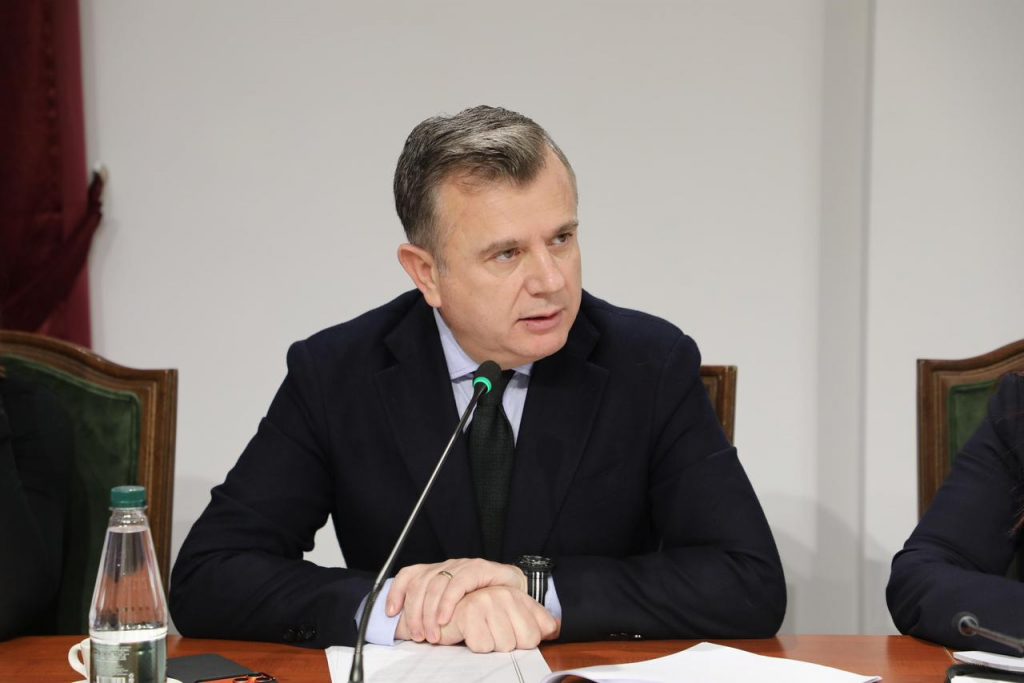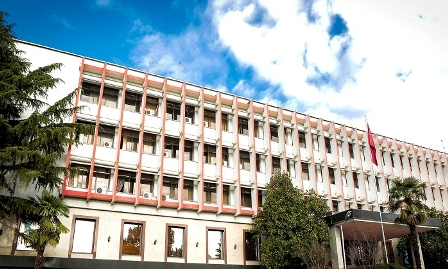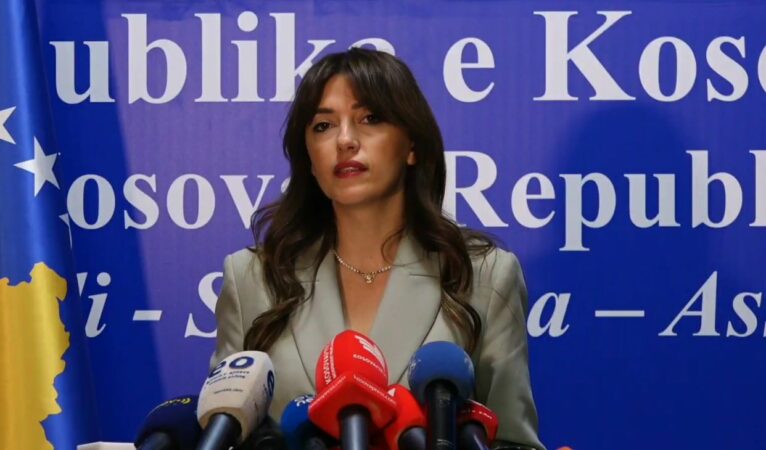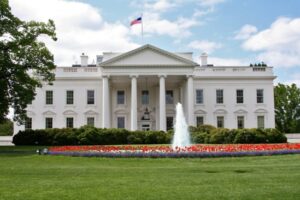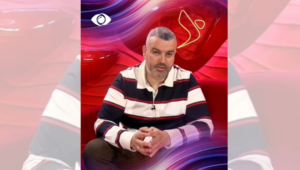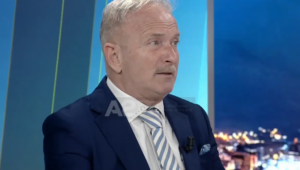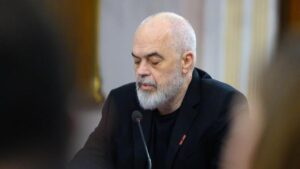What happened in Kumanova?

The situation in Kumanova is getting better, and the tragedy of the past days is leaving place to reflection.
The Macedonian Prime Minister, Nikolla Gruevski, valued the work of the police, which, according to him, prevented the killing of maybe 8000 people.
The Interior Ministry told the mediat that the attack was against one of the most dangerous armed groups that operate in the region, but they didn’t mention their name.
Kostandin Filopov, who has been the correspondent of BNIT in Southeastern Europe for many years, made a cold analyze of the situation.
He says that if it wasn’t for the numerous victims, many of them police officers, he would say that this is just something made up by the Gruevski government.
Filipov criticized the Head of the Secret Service, Sasho Mijalkov, adding that every time that the Macedonian government has tried to fight to preserve stability, the national and regional communities have successfully closed one eye for the internal violence.
The veteran reporter is convinced that the accusations of the Macedonian authorities, saying that this was planned from abroad, are unfounded. Filipov says that the opposition-marority clashes that culminated with constant protests with calls for resignation, coincided with this attack.
He is also impressed by the language used by the Interior Minister regarding the Kumanova issue, filled with the need to create the image of a major threat or notorious enemies, as if the Macedonian public was unable to understand that the attackers were armed and dangerous.
Filipov also finds similarities in the language used against the opposition leader, Zaev, who the government accused of plotting a coup. Recently, the government described him as a threat to the country’s stability.
 KOHA JONË SONDAZH
KOHA JONË SONDAZH










